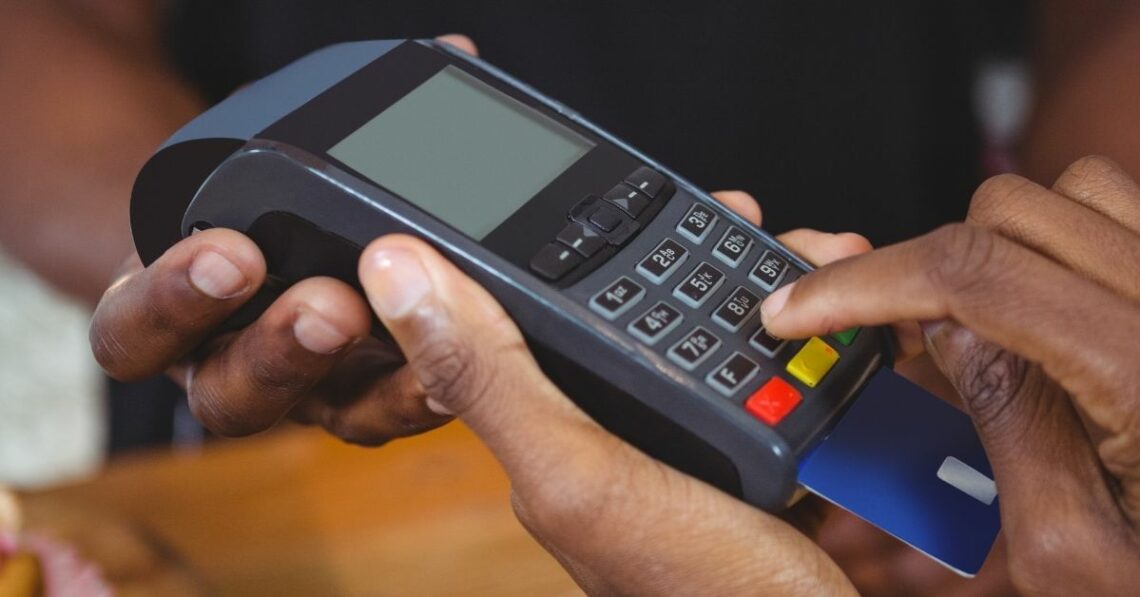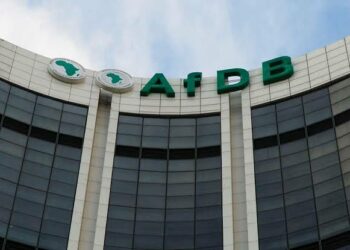Nigeria’s fast-growing fintech sector is bracing for disruptions and revenue setbacks as the Central Bank of Nigeria (CBN) enforces its October 31, 2025 deadline for the geo-tagging of all Point-of-Sale (PoS) terminals nationwide.
With over 8.3 million registered PoS terminals—and 5.9 million already deployed as of March—operators say the mandatory recertification exercise is massive in scale, costly, and risks slowing down a sector that has become the backbone of financial inclusion.
The Nigeria Inter-Bank Settlement Systems (NIBSS), which is leading the implementation, has directed all issuers to submit details of their deployed terminals for verification and geo-mapping. Regulators insist the policy will align with global payment standards, curb fraud, and enhance oversight of electronic transactions.
But fintechs and agents say the tight timeline, cost of compliance, and operational restrictions will hit operators and consumers alike.
An executive at a top fintech firm, who requested anonymity, told NATIONAL ECONOMY the measure, though well-intentioned, comes with steep costs.
“This is a CBN regulation, and we are all going to bear the cost one way or the other. Aside from the technical costs, PoS growth is going to slow, and revenue is going to stall,” the official said.
The executive highlighted the 10-meter movement limit for tagged terminals as a major flaw.
“A lot of merchants will suddenly realise their PoS is not working, probably because they move a few meters away from their shop to attend to a customer. That limit is going to be a challenge for many,” he added.
Another fintech operator disclosed that uncertainty around the policy had already stalled expansion plans.
“We have technically stopped onboarding new PoS for now because we are focused on meeting the recertification deadline with NIBSS. The impact will be temporary, but there is no doubt this will slow down growth in the short term,” the source said.
The Association of Mobile Money and Bank Agents in Nigeria (AMMBAN), which represents thousands of PoS agents across the country, has also faulted the policy timeline.
Its National Vice President, Mr. Yusuf Adeyemo, told NATIONAL ECONOMY the October deadline was unrealistic.
“Imagine we have over 7 to 8 million active PoS terminals and we are expected to geo-tag them all within 60 days. That is not practical, especially with challenges around address verification and network issues,” he said.
Adeyemo also criticised the 100-meter operational radius prescribed by the CBN.
“If a PoS agent in a motor park moves within 100 meters from the tagged location, the terminal will stop working. That is not realistic. The regulator needs to increase that distance to allow flexibility,” he argued.
While acknowledging the fraud-prevention benefits, Adeyemo stressed that the policy would only have real impact if it included verification of agents themselves, not just the devices.
“If you don’t certify the agent, fraudulent transactions will still slip through, even if the terminal is geo-tagged,” he noted.
The CBN has defended the reforms as part of a broader payments system overhaul. In an August circular, the apex bank directed all players in the ecosystem—including Deposit Money Banks (DMBs), Microfinance Banks (MFBs), Mobile Money Operators (MMOs), and switching companies—to adopt the ISO 20022 messaging standard alongside PoS geo-tagging.
The central bank said all existing and new PoS devices must be fitted with native geolocation services supported by double-frequency GPS receivers, tied to merchant coordinates, and linked to a Payment Terminal Service Aggregator (PTSA).
“Geo-location data must be captured at the point of transaction and included in the message payload as a mandatory reporting field,” the CBN said, noting that validation exercises would begin on October 20.
From the regulator’s perspective, the benefits are clear: greater accountability, real-time transaction visibility, reduced fraud, and enhanced customer trust. NIBSS insists geofencing and automated alerts will help detect violations and prevent terminal misuse.
Yet, fintechs argue the compliance costs—upgrading terminals, recertification fees, and software updates—will strain operators, most of whom run on tight margins.
Analysts warn these costs may trickle down to consumers in the form of higher transaction charges. In bustling markets, motor parks, and semi-formal retail spaces where agents move frequently to serve customers, rigid geofencing could lead to repeated transaction failures, undermining trust in digital payments.
With just weeks to the deadline, fintechs, agents, and regulators appear locked in a delicate balancing act between improving oversight and sustaining Nigeria’s booming PoS-driven financial inclusion.





